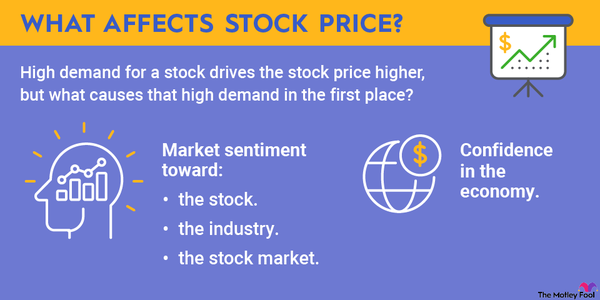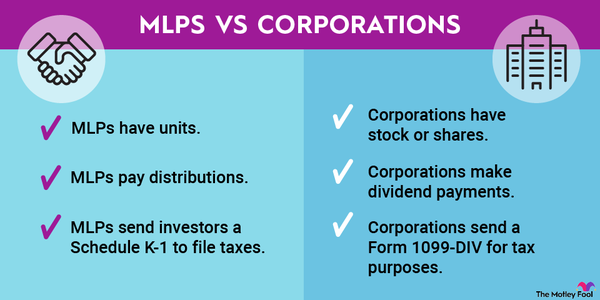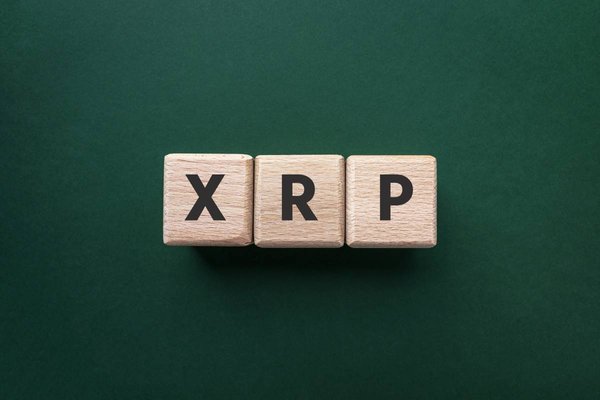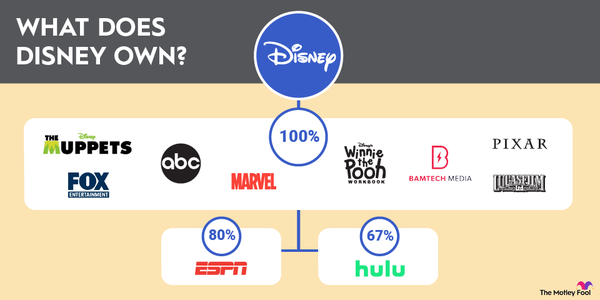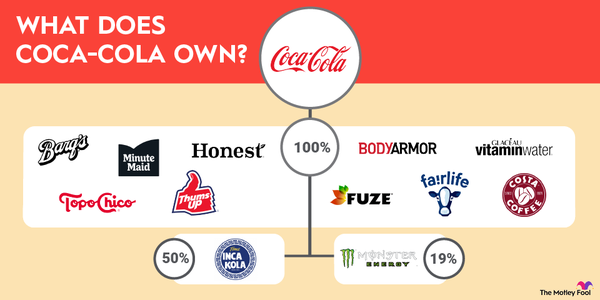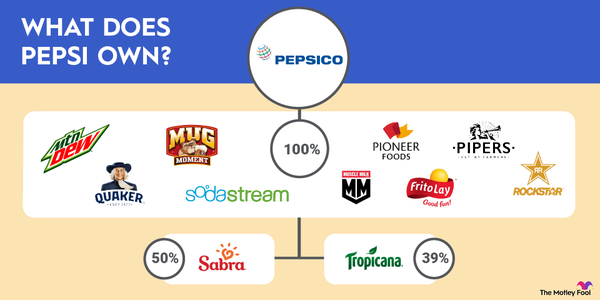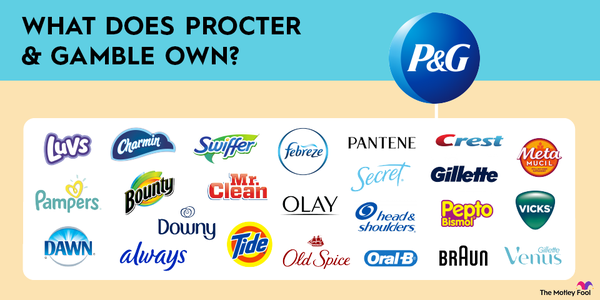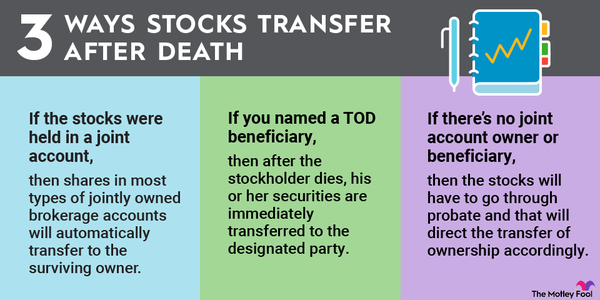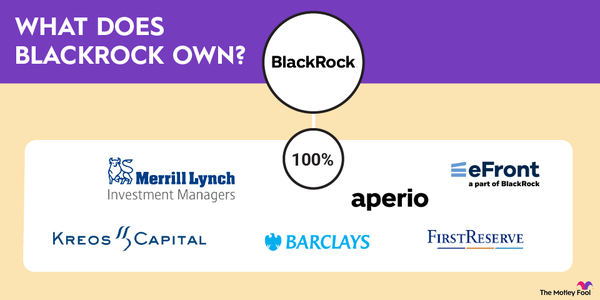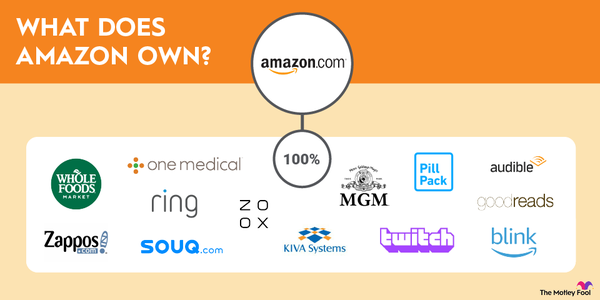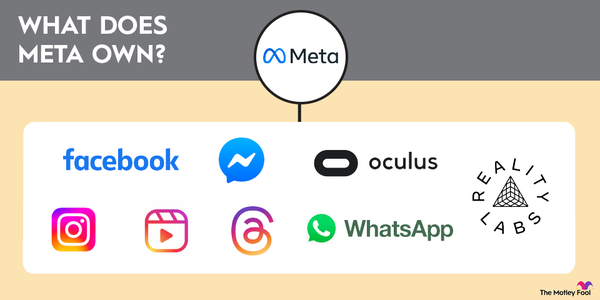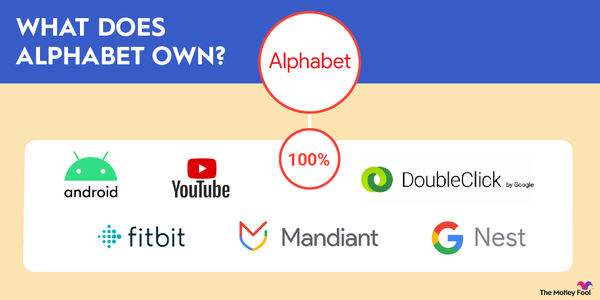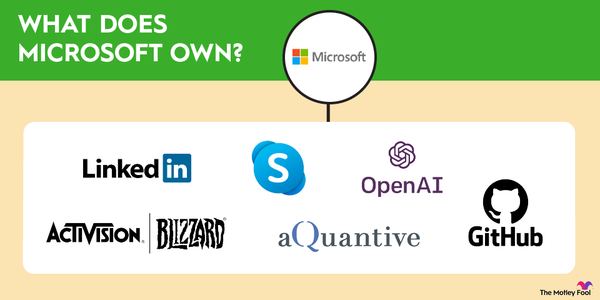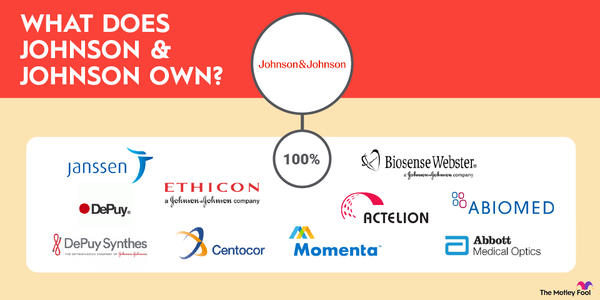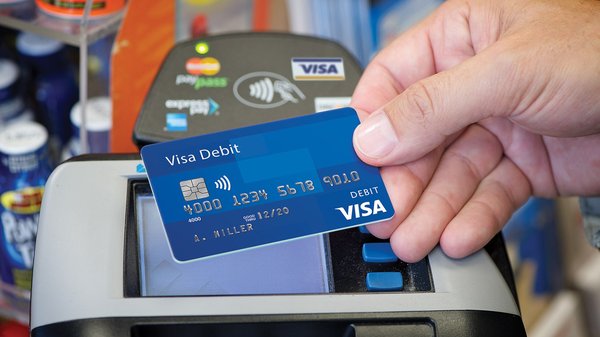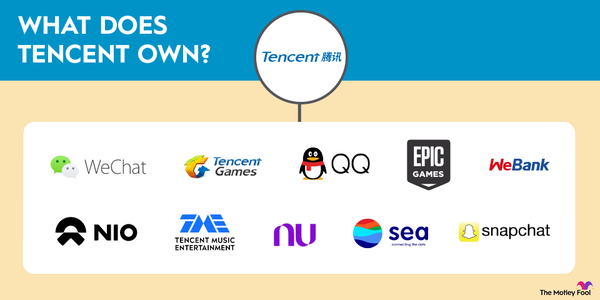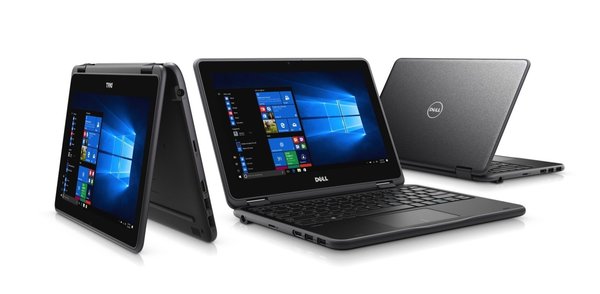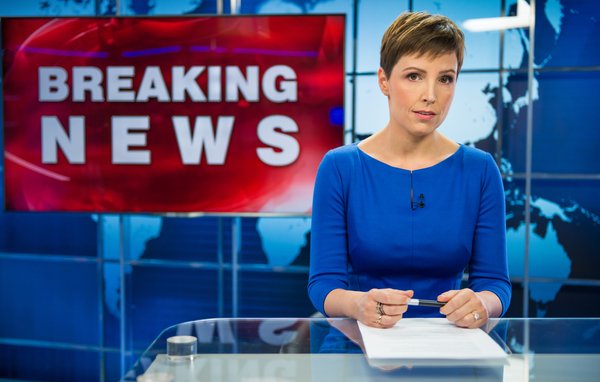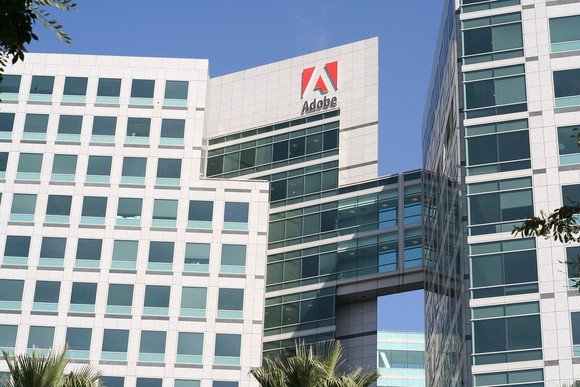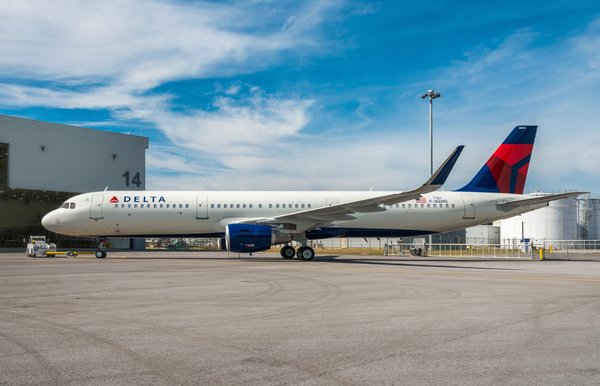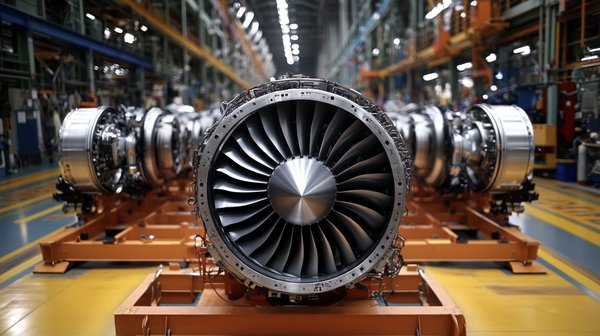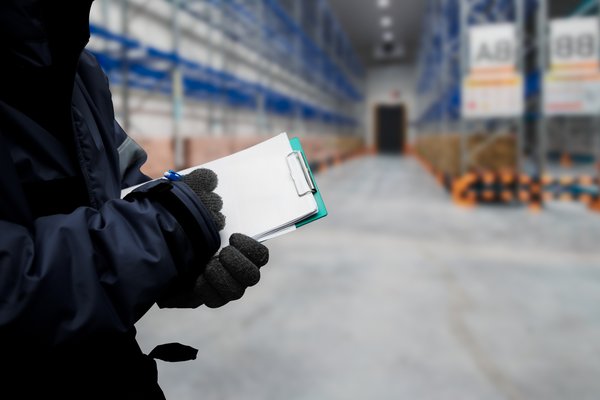Safe Superintelligence is an AI startup launched in June 2024 by OpenAI co-founder Ilya Sutskever, Daniel Gross, who previously led AI projects at Apple (AAPL 1.88%), and former OpenAI chief scientist Daniel Levy. Sutskever was pivotal in OpenAI CEO Sam Altman's five-day ouster from the company in November 2023, though he's since expressed regret. Sutskever announced his departure from OpenAI in May 2024.
On its website, Safe Superintelligence says it has a single goal and mission, which is to build -- you guessed it -- a safe superintelligence.
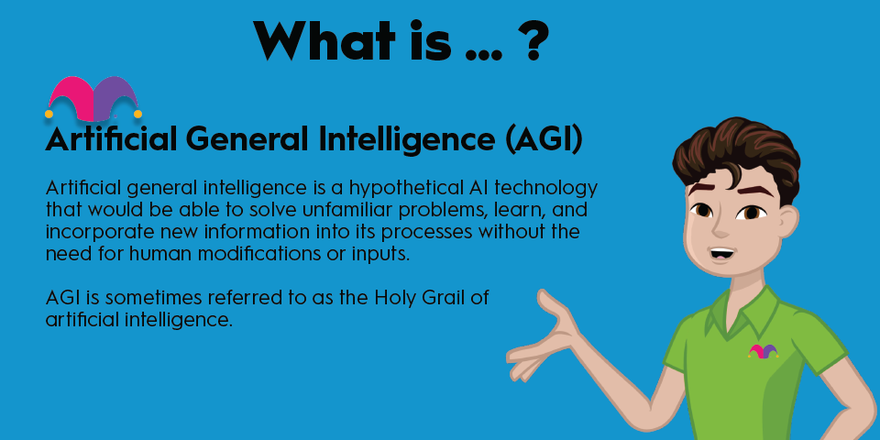
In AI parlance, superintelligence refers to an AI that doesn't yet exist but would have intellectual capabilities that surpass human intelligence. Sutskever hasn't offered many details about what a safe superintelligence would look like.
However, he told Bloomberg in a recent interview that it "will not harm humanity at a large scale."
"We would like to be operating on top of some key values," Sutskever said. "Some of the values we were thinking about are maybe the values that have been so successful in the past few hundred years that underpin liberal democracies, like liberty, democracy, freedom."
Sutskever has declined to identify the company's investors or how much money it's raised. Safe Superintelligence's website says the company has offices in Palo Alto, Calif., and Tel Aviv, Israel. The company is currently "assembling a lean, cracked team of the world's best engineers and researchers dedicated to focusing on SSI [safe superintelligence] and nothing else."
Though investing in Safe Superintelligence isn't currently possible, we'll tell you how to invest in other companies that are making significant strides in artificial intelligence.
Is it publicly traded?
Is Safe Superintelligence publicly traded?
Safe Superintelligence is not publicly traded, so you can't buy shares using your brokerage account. The company was founded in June 2024 and is in the process of assembling a team of engineers and researchers.
IPO
IPO
When will Safe Superintelligence IPO?
Safe Superintelligence has not discussed a public listing. Given that the company is still in its infant stages and that it says its business model "means safety, security, and progress are all insulated from short-term commercial pressures," don't expect to see it on the upcoming IPO calendar in the near future.
How to invest
How to buy Safe Superintelligence stock
Because it's not publicly traded, it's not possible to buy shares of Safe Superintelligence stock. However, you can buy shares of other AI companies (or any publicly traded company, for that matter) by following the steps below:
1. Open a brokerage account.
You can open a brokerage account online in just a few minutes by providing a few pieces of information, like your name, email, address, date of birth, and Social Security number. Look for a broker that offers commission-free trades and a low minimum deposit to get started.
2. Set your budget
Decide how much you can afford to invest, along with whether you want to make a one-time investment or a recurring investment using a dollar-cost averaging strategy. Before you start investing, make sure you have an emergency fund with at least three to six months of savings and that you've paid off high-interest debt, like credit cards.
3. Do your homework
The risk of investing in any single stock is risky, so it's essential to do your research.
4. Place an order
If you've decided you're ready to buy stocks -- whether you're buying shares in one of the three companies listed above or any other publicly traded company -- you'll need to enter the stock's ticker on the website or mobile app of your brokerage.
Enter the number of shares you want to buy. Or, if your brokerage allows you to buy fractional shares, you could indicate the dollar value of your investment instead.
You'll also need to decide whether to place a market order or a limit order. A market order directs your broker to place the order immediately, regardless of the price; a limit order is only executed if the stock price hits a specified threshold.
Finally, hit "Place Order" to become a part-owner of the company you've selected.
Since it's not currently possible to invest in Safe Superintelligence, here are three alternative stocks to consider.
Microsoft
Microsoft (MSFT -0.1%) is perhaps the biggest publicly traded player in the AI space thanks to its multibillion-dollar stake in OpenAI. The companies' partnership allows Microsoft to use OpenAI models in its products, while Microsoft Azure provides the infrastructure for OpenAI.
Microsoft's AI investment has pushed the company's valuation above the $3 trillion mark. In early 2024, it briefly became the world's most valuable company, though as of mid-2024, Apple once again held the No. 1 spot.
Upstart
Upstart (UPST 1.74%) uses machine learning to assess the likelihood a borrower will default on a loan. Its models are trained on more than 73 million repayment events and add 80,500 new events every business day. The company says its models can more accurately predict risk than traditional credit scores and also result in higher approval rates and lower interest rates for borrowers -- although there's the caveat that the company was only founded in 2012, so we don't know what default rates would look like during a prolonged recession. It isn't currently profitable, and its share price as of August 2024 was down about 90% from all-time highs. But if you're optimistic about the potential uses of AI in finance, the beaten-down stock could be worthy of a look.
Nvidia
Nvidia (NVDA 3.08%) got its start designing chips for video game graphics and eventually became a leading producer of graphics processing units (GPUs). But early artificial intelligence researchers discovered that GPUs were superior to central processing units (CPUs) at training AI systems. As a result, Nvidia got a first-mover advantage before most of the world was thinking about AI. Today, Nvidia chips power OpenAI's ChatGPT and the AI tools of practically every leading Big Tech company.
As of August 2024, Nvidia shares were up about 140% year to date on a split-adjusted basis, and the company was valued at just shy of $3 trillion.
Profitability
Is Safe Superintelligence profitable?
As a private company, Safe Superintelligence isn't required to publicly disclose financial information. However, the company was only founded in June 2024 and is still in the process of building out its team. It's highly unlikely that the company is already profitable at this early stage.
Should I invest?
Should I invest in Safe Superintelligence?
Safe Superintelligence stock is not available for retail investors to buy, but there are plenty of publicly traded companies in the AI space. Investing in AI isn't for everyone, though.
Consider adding AI stocks to your portfolio if:
- You want a high-risk, high-reward investment.
- You believe AI has the power to transform virtually every industry.
- You're comfortable with short-term volatility and plan to hold onto your shares for several years or more.
- You're looking for more exposure to tech stocks.
- You believe AI is still in its nascent stages and has plenty of runway.
You should probably avoid AI stocks if:
- You have a low risk tolerance and would be tempted to sell your AI holdings if share prices tanked.
- You don't understand the basics of how AI works.
- You believe AI is overhyped or that we're in the midst of an AI bubble.
- You're looking for dividend income. Although some top AI stocks like Microsoft, Google parent Alphabet, and Apple pay modest dividends, companies in this space tend to reinvest their profits back into the company, so you can find better yields elsewhere.
- You think you may need your money in the next few years.
- You have ethical qualms about AI.
Generative AI
ETFs
ETFs with exposure to Safe Superintelligence
Since Safe Superintelligence isn't publicly traded, you won't find ETFs with exposure to the company. However, here are three ETFs that can help you capitalize on similar investment themes:
Invesco QQQ Trust ETF
The Invesco QQQ ETF (QQQ 0.87%) tracks the 100 largest non-financial stocks on the tech-heavy Nasdaq Exchange. Investing in the fund gives you exposure to some of the largest players in the AI space, including Apple, Microsoft, Nvidia, and Amazon. The QQQ's expense ratio is 0.2%, which means you'd pay $2 in fees on a $1,000 investment.
Global X Artificial Intelligence & Technology ETF
If you're looking for a fund that focuses specifically on AI, consider the Global X Artificial Intelligence & Technology ETF (AIQ 0.72%). The fund's 85 holdings are companies that stand to benefit from increased adoption of AI technology, as well as companies that produce hardware used for AI. Its expense ratio is 0.68%, which translates to $6.80 in fees on a $1,000 investment.
iShares Robotics and Artificial Intelligence Multisector ETF
The iShares Robotics Intelligence and Multisector ETF (ARTY 1.13%) provides exposure to 53 companies leading the AI revolution, including those that are involved in generative AI, AI data and infrastructure, and AI-related software and services. Its expense ratio is 0.47%, which means you'd pay $4.70 in fees if you invested $1,000.
Related investing topics
The bottom line on Safe Superintelligence
Safe Superintelligence is a very early-stage startup that's currently off-limits to the vast majority of investors. Considering its stated goal of insulating itself from short-term pressures, the odds of it seeking a public offering in the near future are extremely unlikely. However, there are plenty of top IPO stocks and AI companies to keep on your radar.
FAQ
Investing in Safe Superintelligence FAQ
What is Safe Superintelligence?
Safe Superintelligence is an AI startup founded in June 2024 by OpenAI co-founder Ilya Sutskever; Daniel Gross, former head of AI and search for Apple; and Daniel Levy, a former OpenAI chief scientist.
Who is the founder of Safe Superintelligence?
Safe Superintelligence's founders are Ilya Sutskever, who co-founded OpenAI and pushed for CEO Sam Altman's ouster, Daniel Gross, who headed AI and search for Apple from 2013 to 2017, and Daniel Levy, former OpenAI chief scientist.
Does OpenAI own Safe Superintelligence?
No, OpenAI doesn't own Safe Superintelligence, but two of Safe Superintelligence's co-founders are OpenAI veterans.



































